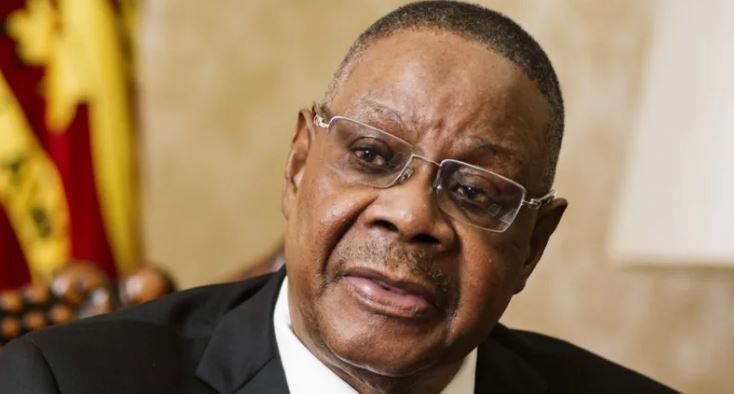Peter Mutharika has pulled off one of the most remarkable political comebacks in Malawi’s history. At 85, the former president has returned to power after defeating his long-time rival, Lazarus Chakwera, in the recent general election.
Mutharika, who first governed from 2014 to 2020, was dramatically unseated when Malawi’s Constitutional Court annulled his 2019 re-election over widespread irregularities. The ruling, hailed globally as a milestone for African democracy, handed victory to Chakwera in a 2020 re-run. Few expected Mutharika to seek office again—yet he did, telling Malawians they had “suffered” under Chakwera’s leadership and needed his steady hand.
His message resonated. Since Chakwera took office, Malawi has endured one of its worst economic downturns, with inflation soaring past 30%, compounded by drought, Cyclone Freddy, and dwindling foreign reserves. Mutharika’s campaign—though low profile compared to Chakwera’s energetic rallies—struck a chord with citizens yearning for stability.
Born in 1940 in Thyolo, Mutharika built a distinguished academic career as a law professor in the US and Africa before entering politics in 2004. He rose through government positions under his brother, President Bingu wa Mutharika, eventually winning the presidency in 2014. His first term saw falling inflation and infrastructure investment but was also marred by corruption allegations and persistent blackouts.
Critics question whether Mutharika has the stamina to govern effectively at his advanced age. Rumors about his health circulated throughout the campaign, though his decisive victory—including wins in Chakwera’s strongholds like Lilongwe—suggests Malawians were more concerned about economic relief than generational change.
Reserved and bookish by nature, Mutharika is now tasked with steering a fragile economy, restoring public trust, and proving that his comeback is not merely symbolic. His return underscores both Malawi’s political volatility and the enduring appeal of leaders who promise a return to “better times.”

